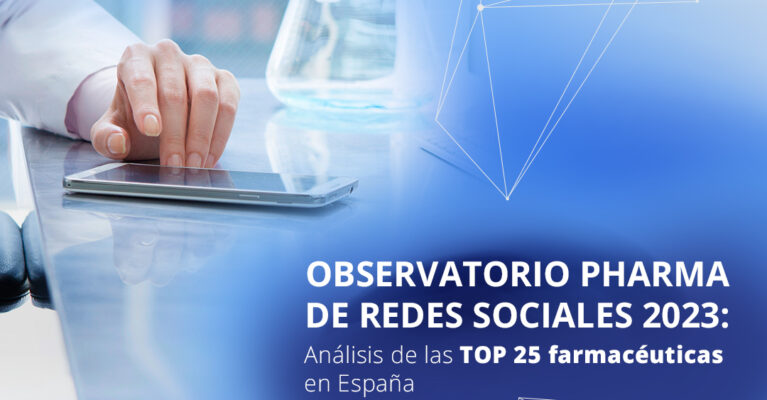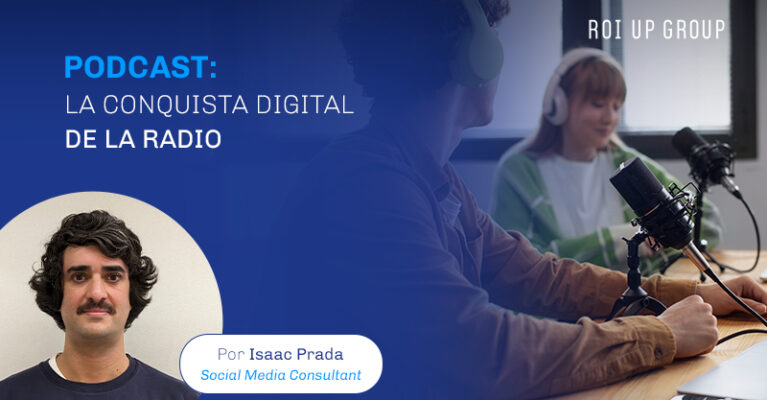
Impersonation on social networks is the order of the day. Singers, actors, footballers, youtubers, or even the best-known brands, have always been the main target of cybercriminals. However, the reality is that, nowadays, this type of attack is not only aimed at public figures. More and more anonymous users are being affected by identity theft of this kind.
Social network phishing: how many people are exposed?
In Spain, according to an INE study last year, 64.7% of the population aged 16 to 74 participate in social networks, such as Instagram, Facebook, Twitter, or YouTube. The most participative are students (96.4%) and young people aged 16 to 24 (93.2%). This means that millions of citizens, especially the youngest, provide their personal information to the main social networks on a daily basis in order to create a profile and participate in these platforms.
Given the amount of information we have at our fingertips, and how easy it is to create an unauthenticated profile on a social network, it is not surprising the wave of phishing on social networks that we witness on a daily basis.

First step: gathering evidence of the usurpation
If you suspect that your identity is being fraudulently impersonated on social networks, or that of another person, we advise you to act quickly and start collecting evidence of the performance of these profiles: screenshots of the creation of the fake profile, conversations with friends, or the photographs posted.
Report the profile that has usurped your identity through the social network
In this type of situation, you can always file a report for impersonation report for identity theft to the State Security Forces and Corps, in particular, through the Technological Investigation Brigade of the Police or the Telematic Crimes Group of the Civil Guard.
However, most cases of identity theft on social networks are usually resolved without the need to conclude a legal proceeding, but are the social networks themselves who take action in the matter. Therefore, we recommend that if you are being victimized, you contact the social network using the forms provided for this purpose. Below, you will find access to the main networks:
- Facebook: Report an account impersonating you, stolen accounts and how to report them
- Google: Report an impersonation
- Twitter: Report an identity theft
- Instagram: What to do if someone pretends to be you
- Tik Tok: Report a User

No response? You can go to the Spanish Data Protection Agency.
If the social network does not comply with your request, you can go to the Spanish Data Protection Agency and file a complaint electronically. To do this, it is advisable to present the documentation of having contacted the social network in the first place, as well as all the evidence that you have been able to collect on the impersonation of identity in that social network.
In addition, the Spanish Data Protection Agency has set up a priority channel for reporting the illegitimate publication of sensitive, sexual or violent content on the Internet. It should be noted that, given the seriousness of these cases, it is not necessary to have first contacted the website or social network on which they are published in order to use this channel.

What are the consequences of identity theft in social networks?
You should be aware that impersonating a third party, even for non-profit purposes, such as engaging in conversations or showing photographs of the impersonated person, is a crime that can have significant legal consequences.
If it is a complete usurpation of identity, that is, a conduct in which the usurper acts as the supplanted in a prolonged manner in time, for which, according to article 401of the criminal code the offender of impersonation in social networks, and outside of them, could face a prison sentence of six months to three years, as a perpetrator of a crime of usurpation of civil status.
In any case, the affected person may claim compensation for damages or moral damages caused by the impersonation in their social networks.
List of Social Media publications
- Were the best claims in history in their early days?
- A inteligência artificial nas redes sociais e nas relações públicas
- Artificial intelligence in social networks and PR
- We launch our 2023 social media observatory for the pharma sector
- Faster than the jewels of the Rally Clásico Mallorca
- Improve engagement in your social media strategy
- Digital Detox in times of confinement? Count me out
- Identity theft in social networks: what to do
- Young people, the new communication challenge for Real Estate (II)
- Instagram marketing strategies for businesses




